Decentralized Finance, or DeFi, has been gaining popularity in the USA over the last few years. It’s no surprise, really. With the promises of high returns and the allure of a decentralized financial system, more and more people are looking to invest in this new trend. However, as with any investment opportunity, it’s important to know the risks associated with DeFi before diving in headfirst.
While DeFi has the potential to transform the traditional financial system, it’s not without its drawbacks. From smart contract risks to market volatility and scams, there are several factors that investors should be aware of before investing in DeFi. It’s crucial to do your research and be well-informed to avoid any potential financial pitfalls.
But don’t let the risks scare you away from DeFi altogether! With proper knowledge and caution, investors can take advantage of the benefits of this new financial system. In this article, we’ll take a closer look at the dark side of DeFi and the risks you should know in the USA. So grab a cup of coffee and let’s dive in!
Lack of Regulation in DeFi
DeFi operates without any centralized authority, which means that there is a lack of regulatory oversight. This can lead to several risks for investors, such as fraudulent activities, market manipulation, and hacks. Unlike traditional finance, where regulatory bodies monitor financial activities to ensure compliance and protect investors, DeFi lacks such regulatory mechanisms.
In the absence of regulatory frameworks, investors are exposed to greater levels of risk. For instance, DeFi protocols are vulnerable to bugs and hacking attacks that can cause investors to lose their funds. Moreover, DeFi operates in a global market with varying regulatory requirements, making it difficult to ensure consistency in regulatory standards. Therefore, investors must be cautious and informed before investing in DeFi, as it operates in a largely unregulated space. As DeFi continues to grow and gain mainstream adoption, it is expected that regulatory bodies will eventually intervene to provide oversight and protect investors from potential risks.
Smart Contract Risks
Smart contracts are self-executing agreements that are coded on a blockchain. In DeFi, smart contracts are used to automate financial transactions, without requiring intermediaries or third-party entities. They execute the rules of the transaction, ensuring that they are followed without the need for human intervention. This makes DeFi faster, cheaper, and more efficient than traditional finance.
However, smart contracts are not infallible and are prone to risks such as bugs and hacking. Bugs in smart contracts can lead to unexpected and undesirable results, such as funds being locked up or stolen. Hacking attacks on smart contracts can also result in the loss of funds or data. These risks can lead to significant financial losses for investors. Therefore, it is essential to carefully audit smart contracts before using them and to be cautious when investing in DeFi protocols that rely on smart contracts.
Market Volatility
Market volatility is a common feature of the DeFi space, just as it is in traditional finance. However, due to its decentralized nature, the DeFi market is even more prone to price fluctuations, making it a high-risk investment. The value of DeFi assets can be highly volatile, and prices can change rapidly due to various factors, such as changes in the regulatory environment, market sentiment, and technological developments.
This volatility can lead to significant losses for investors, especially those who are new to the DeFi space and have little experience with managing risk. Therefore, investors must be aware of the risks associated with market volatility and take appropriate measures, such as diversifying their portfolios, to minimize their exposure. It’s crucial to keep a close eye on market trends and to stay informed about any news or events that could affect the value of DeFi assets.
Liquidity Risks
Liquidity risks refer to the risk of not being able to sell or buy an asset quickly enough at a fair price. In DeFi, liquidity is determined by the availability of buyers and sellers in the market. Unlike traditional finance, where markets are highly liquid due to the involvement of intermediaries, DeFi lacks the same level of liquidity.
This lack of liquidity can lead to significant risks for investors, such as the inability to exit a position or being forced to sell at unfavorable prices. In addition, low liquidity can also cause price slippage, which occurs when the price of an asset changes rapidly due to sudden changes in supply and demand.
Therefore, investors must be aware of the liquidity risks associated with DeFi and take appropriate measures to minimize their exposure. It’s important to ensure that there is enough liquidity in the market before investing in a particular asset or protocol. Moreover, investors should also consider diversifying their portfolios to reduce the impact of liquidity risks.
Scams and Fraud
Scams and fraud are prevalent in the DeFi space, as it operates in a largely unregulated and decentralized environment. Fraudsters often exploit investors by offering high returns on investments, promising quick profits, or presenting fake DeFi protocols. These scams can lead to significant financial losses for investors.
In the USA, there have been several high-profile DeFi scams, such as the recent case of a DeFi project called Iron Finance, which collapsed due to a token price crash, causing investors to lose millions of dollars. Another example is the case of the DeFi project, SushiSwap, where the founder drained liquidity from the protocol and walked away with millions of dollars.
Therefore, it’s crucial for investors to conduct thorough due diligence before investing in any DeFi project or protocol. Investors should be wary of projects that promise high returns or offer unrealistic guarantees. It’s also essential to verify the credentials of the team behind the project and to check if the project has undergone an independent audit to identify any potential vulnerabilitie
Conclusion
DeFi is a high-risk investment space that offers potential for high returns but comes with significant risks. The risks associated with DeFi include lack of regulation, smart contract risks, market volatility, liquidity risks, and scams and fraud.
Investors who are interested in DeFi must conduct thorough research and due diligence before investing in any project or protocol. This includes checking the project’s credentials, verifying the team’s experience and expertise, and checking if the project has undergone an independent audit.
It’s also essential to invest wisely and diversify one’s portfolio to reduce the impact of potential risks. Investors should not invest more than they can afford to lose and should always keep a close eye on market trends and news that may affect the value of DeFi assets.
In conclusion, while DeFi offers exciting opportunities, investors must be aware of the associated risks and take appropriate measures to minimize their exposure. By investing wisely and doing their research, investors can participate in the DeFi space while safeguarding their investments.
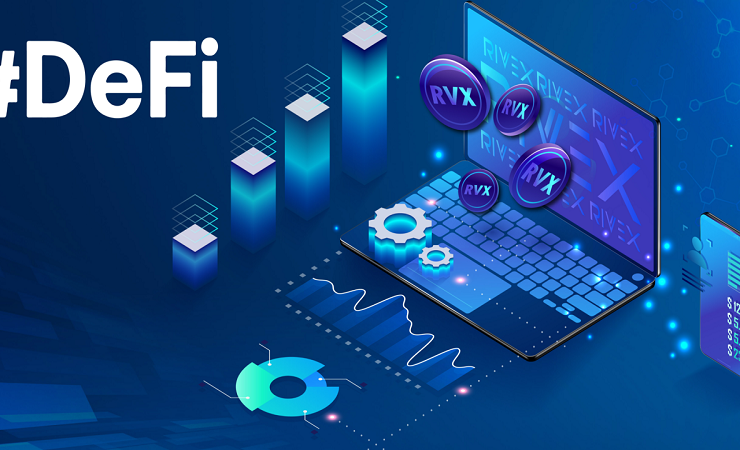

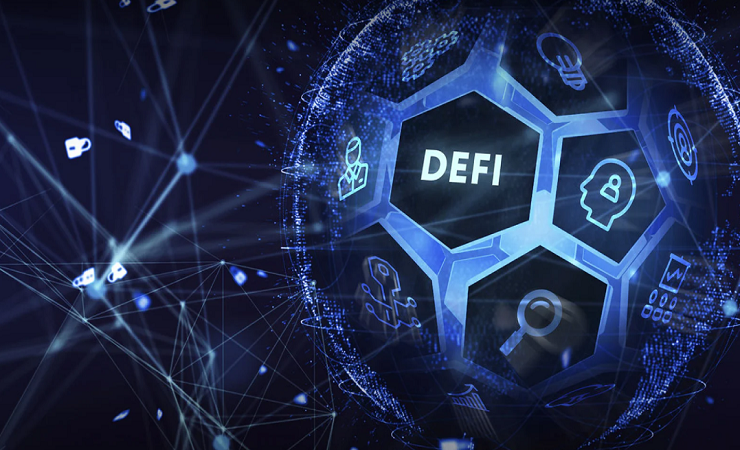

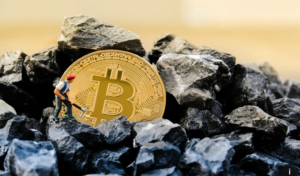
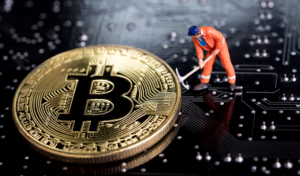

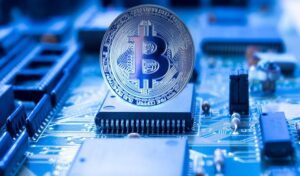
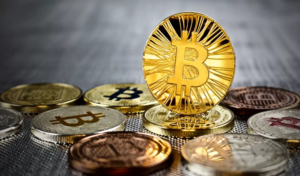
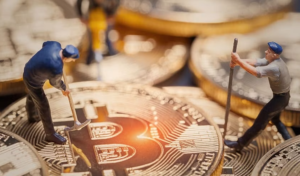
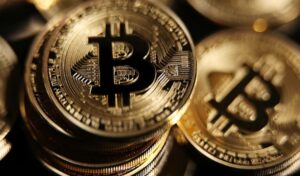

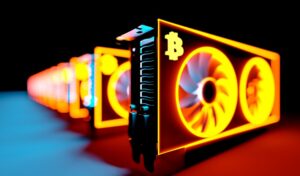

Post Comment